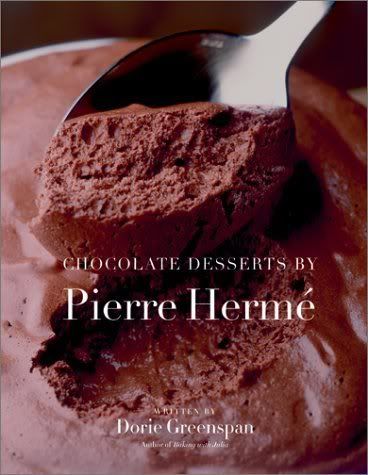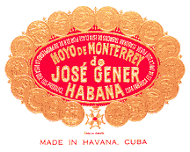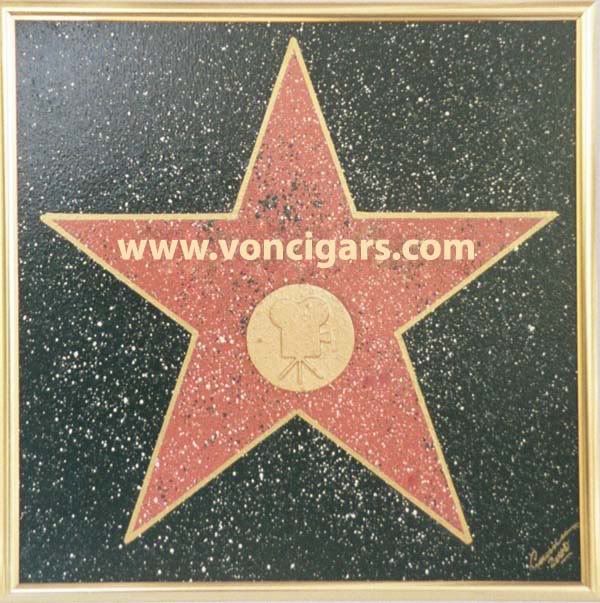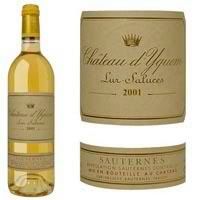Macaron Or Macaroon - The Real Insider Track !
However, when it comes down to my love and knowledge of the French Macaroons and its most talented producers, I will not accept a question of language to be used to document not only my apparent English illiteracy but to insinuate my ignorance with regards to this topic. When I blog about French Macaroons in English I purposefully do use the English version of the word "Macaroon" (double o) versus the use of the same word in French, which is "Macaron" (only one o). There are people that feel unnecessarily sorry for me. They think that I do not know the difference between a "Macaron", which according to them is what the likes of Top French Pastry Chef Pierre Hermé produces and a "Macaroon", which--again accroding to them--is a simple but popular coconut cookie. I would like to help to debunk this theory that cannot be seen as anything else but pure myth. The difference between a "Macaroon" and a "Macaron" has nothing to do with a specific recipe, ingredients or method of production, but is simply the difference between the same word, written in two different languages; English or French. Thats all there is too it. No insider track here. There is no code that separates the ones that know from the ignorants. For all of you that are now crying foul and bloody murder I would love to direct you to the real authorities in all questions French "Macaroon".

It is generally accepted that Ladurée in Paris started the success, of what we all worship today as French "Macaroons". "The story of the Ladurée Macaroon starts with Pierre Desfontaines, distant cousin of Louis Ernest Ladurée, who at the beginning of the 20th century first thought of taking two "Macaroon" shells and joining them with a delicious ganache filling. The way of making them has never changed since that time." (quote taken from the Ladurée web page) For some reason nobody yet has informed Ladurée that they cannot use the English version of the word "Macaroons" without risking that some people might mistaken theirs for simple coconut cookies. So Ladurée itself--the inventors of the "Macaron"-- it seems erroneously uses the English form of the word "Macaron" to describe their most priced commodity, the "Macaroons" on their own English web pages!
Let me point out to you that all the better known Pastry shops in Europe, that do run English language web pages and are famous for producing and selling their own delicious version of the French "Macaroons", accurately use the English form of the word "Macaroon" and not the French version of the same word. If the hardcore believers amongst you still are not convinced that this is nothing more than a myth, that somebody made up to be more insightful over the rest of us--well why don't we go with the grand master of the French "Macaroon"--Pierre Hermé--on this one?

One of my more priced possessions is a great book on desserts, called Chocolate Desserts by Pierre Hermé. My copy actually happens to be signed by Pierre himself. In his book, Pierre shares his recipe for "French Macaroons" on page 91 to page 94. You can actually learn how to make these incredible delights from the master. Although, only if you are willing to forgive him, that he ignorantly but consistently uses the English version of the word "Macaroon" and not French one, as some of you would expect from Pierre himself! You too can get a copy of this book on Amazon. What turns a "Macaroon" into a simple North American coconut cookie, better know as the Fraser Bell variety, is not the use of the English version of this word. One does have to add the word "coconut" in front of it!
In conclusion I can only say that English speaking people do sometimes misunderstand Europeans and other non-English speaking people, when all they try to do is to accommodate the English language. The level of quality of my personal education aside; Yes I do think I can still encounter Pierre Hermé in a dark alleyway anytime.
Labels: ddb's ranting










1 Comments:
I came upon your worthy blog whilst searching for the origin of the term "Fraser Bell cookie" for the coconut macaroon. I have eaten these cookies all my life but have only just heard that they are traditionally called the Fraser Bell cookie. Tell me, who or what is "Fraser Bell"? Being somewhat of a foodie, I don't often come up empty on matters of this sort.
Post a Comment
<< Home